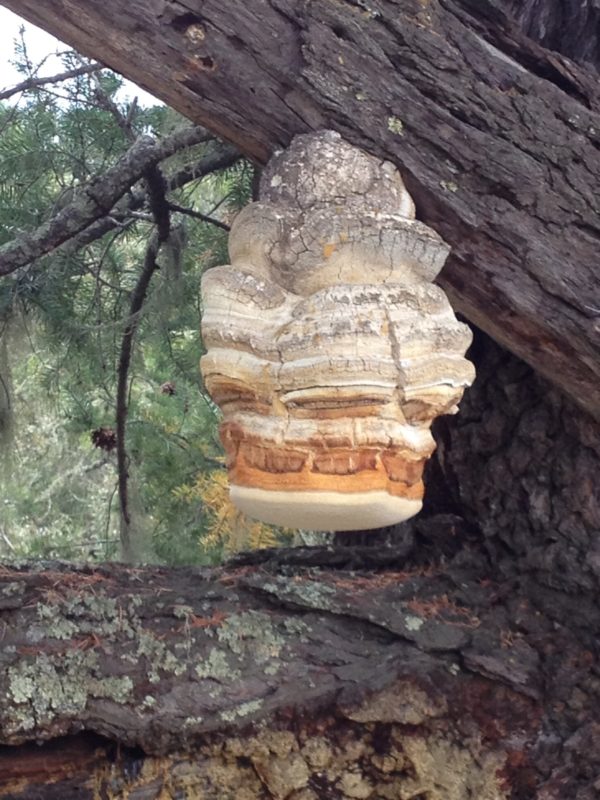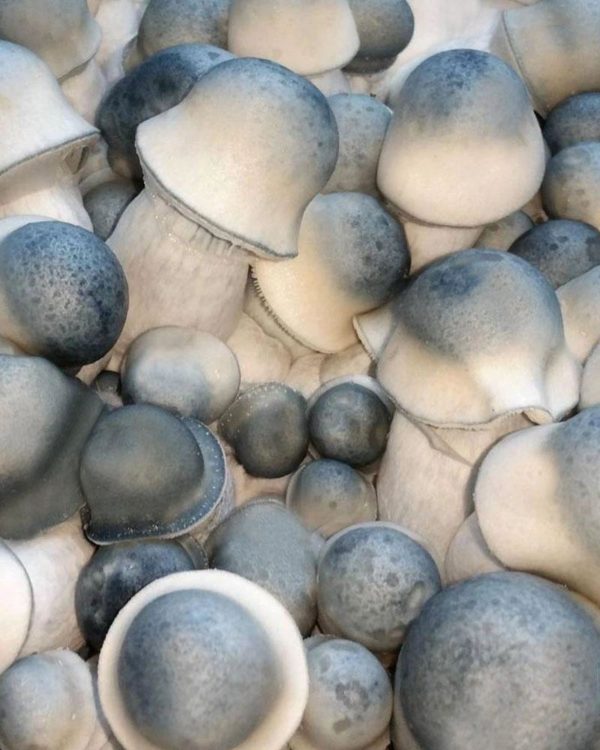Description
| Species | Panellus stipticus |
| Difficulty ℹ️ | 🍄🍄 |
| Spore Coloration | White |
| Ecology | Saprotrophic |
| Edibility | Inedible |
Panellus stipticus, commonly known as the bitter oyster, the astringent panus, the luminescent panellus, or the stiptic fungus, is a species of fungus in the family Mycenaceae, and the type species of the genus Panellus. A common and widely distributed species, it is found in Asia, Australia, Europe, and North America, where it grows in groups or dense overlapping clusters on the logs, stumps, and trunks of deciduous trees, especially beech, oak, and birch. During the development of the fruit bodies, the mushrooms start out as tiny white knobs, which, over a period of one to three months, develop into fan- or kidney-shaped caps that measure up to 3 cm (1.2 in) broad.
The caps are orange-yellow to brownish, and attached to the decaying wood by short stubby stalks that are connected off-center or on the side of the caps. The fungus was given its current scientific name in 1879, but has been known by many names since French mycologist Jean Bulliard first described it as Agaricus stypticus in 1783. Molecular phylogenetic analysis revealed P. stipticus to have a close genetic relationship with members of the genus Mycena.








Reviews
There are no reviews yet.